ADHD Diet for Kids: Food to Eat and Avoid

Usually, the symptoms of ADHD (Attention deficit hyperactivity disorder) start to surface between the ages of 3 and 6 years old. Trying to control this condition is a big task in itself, and in the case of kids, it is even more difficult. However, there are various treatments to control this condition, and having a certain diet is one such way which may help your child bring it under a manageable scope. That being said, as we know every child grows differently, so even though there are certain foods which may be useful as a part of an ADHD diet for kids, the same might not hold true for others. So you have to be careful about what you should feed your child and what you shouldn’t.
Best Foods for Children With ADHD
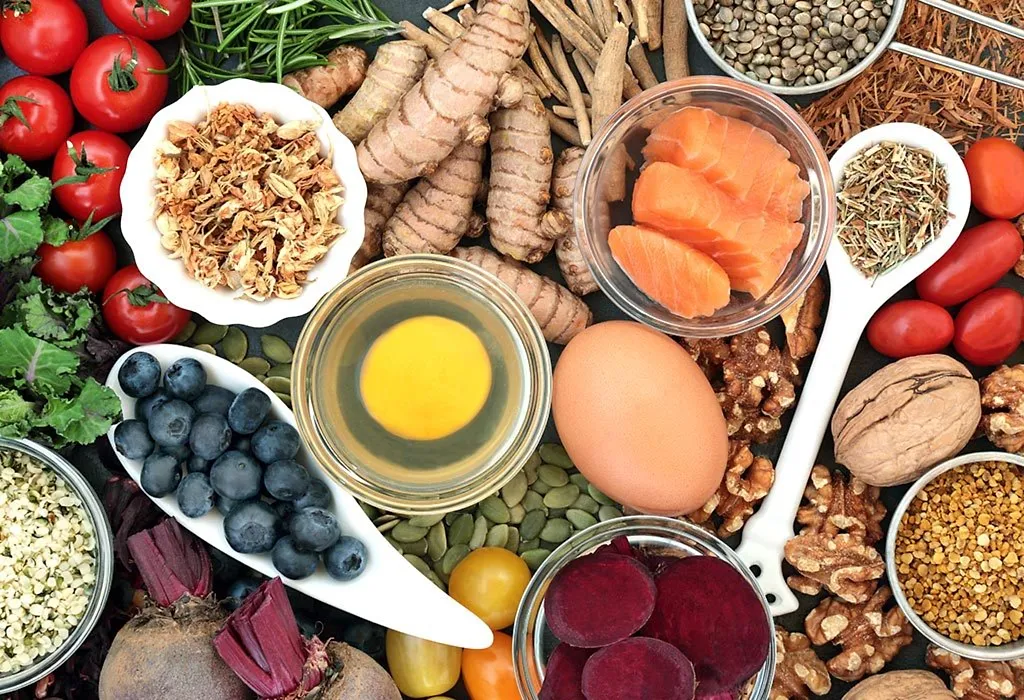
Food is an integral part of our day-to-day life, and what we eat would certainly reflect on our health as well. In the case of kids, you will have to be extra careful as to what they should eat and what they should not. A balanced ADHD diet rich with nutrients is useful for managing ADHD effectively. Are you wondering what a healthy ADHD diet is? It is a diet which is packed with essential nutrients, aimed at keeping your kid healthy and manage her ADHD. Below is the list of essential nutrients recommended as a part of healthy ADHD diet.
1. Iron
Iron is an essential nutrient for our body. It plays a vital role in carrying oxygen to the blood cells throughout one’s body. A lack of iron in the body may lead to iron deficiency anaemia and can substantially affect dopamine metabolism. But fear not, in order to raise this level, all you have to do is provide an iron-rich diet to your kid. Below is a list of iron-rich food sources for your reference.
Food Sources of Iron
- Spinach
- Apricot & raisins
- Peas & lentils
- Chickpeas
- Sesame seeds
- Beans
- Red meat, pork, poultry
- Seafood
2. Zinc
Zinc is another essential nutrient associated with brain functioning and its development. It is important for the healing of tissue and the immune system. Moreover, zinc is responsible for protecting our gut and the blood-brain barrier, and a deficiency of zinc in the body may lead to the breakdown of these barriers. Include zinc-rich food in your kid’s diet to supply her with these essential nutrients.
Food Sources of Zinc
- Mushrooms
- Spinach
- Chicken & pork
- Beef & lamb
- Shrimp & Oysters
- Pumpkin seeds
- Kidney bean and chickpeas
- Dry fruits such as cashews, pecans, almonds, groundnuts, hazelnuts, walnuts
3. Magnesium
Magnesium is the third most essential mineral to manage ADHD. It is responsible for over 300 enzymatic reactions in our body. It plays an important role in maintaining various bodily functions such as bone metabolism and growth, immune system functioning, a release of neurotransmitter, nerve function, and so on. Hence, a magnesium-rich diet is quite important for one’s body. Below is the list of magnesium-rich foods for your reference.
Food Sources of Magnesium
- Avocados
- Bananas
- Spinach
- Squash & pumpkin seeds
- Brown rice
- Low-fat dairy
- Dried fruits like figs, prunes, dates, raisins and apricots.
4. Fatty Acids
Foods rich in fatty acids are also helpful to improve the ADHD condition since every cell in our body is made up of fats, including the brain cells. Research shows that Omega-3 fatty acids are useful in improving one’s brain functioning. Below is the list of foods that can help you provide the much-required fatty acids in your child’s diet.
Food Sources of Fatty Acids
- Flaxseeds and chia seeds
- Soybeans and tofu
- Walnuts
- Cod liver oil
- Coldwater fish such as tuna, sardines, mackerel, tuna, and salmon
5. Fibres
Fibre is important for a balanced and healthy diet. Most of the fibre comes from plant-based food, but our body is not made to absorb it. However, it is important as it aids the digestive system in the process of absorption nutrients and helps expel the waste and toxins out of our body. Below is the list of fibre rich food for your reference.
Food Sources of Fibre
- Beans
- Fruits with edible seeds such as watermelon, guava, fig, etc.
- Lentils
- Maize
- Oats
- Wholemeal foods, such as rice, wheat and its products like bread, pasta, etc.
- Pulses
- Green leafy vegetables
- Orange
6. Folate
Folate or Vitamin B9 is an important vitamin for our body. You must be aware of folic acid, which is a form of folate. Folate plays a vital role in the synthesis and repair process of DNA. Apart from this, it is also an element for the growth of cell and tissue. A folate-rich diet ensures that your kid is benefiting from the necessary nutrients to keep her body healthy and strong. Below is the list of folate-rich food sources for your reference.
Food Sources of Folate
- Dark green leafy veggies
- Fruits
- Nuts like cashews, almond, walnuts, hazelnuts, etc.
- Dairy products such as cheese, milk, yoghurt
- Meat and poultry
- Eggs
- Seafood
- Grains and lentils
7. Vitamin C
Vitamin C is another beneficial nutrient for our body. It is also known as ascorbic acid. Vitamin C is a water-soluble nutrient present in certain food sources, especially in citric fruits. Vitamin C plays a crucial role as an antioxidant in our body, which is helpful in protecting cells from infections. Our body also relies on vitamin C to generate collagen, a protein which aids in the healing of the wound. A vitamin C rich diet is essential to maintain a strong immune system. Check out the below list of vitamin C rich food sources to provide a balanced and healthy diet for your kid.
Food Sources of Vitamin C
- Guava
- Black currant
- Red and green pepper
- Kiwi
- Orange
- Strawberries
- Broccoli
- Kale
- Pineapple
- Parsley
- Grapefruit
- Mango
8. Protein
Protein is associated with attentiveness and focus. Our body requires protein to build and repair tissues. It is also important in the development of bones, skin, cartilage, muscles, and blood. There are several protein-rich foods to supply your kid with a balanced and protein-rich diet for her development. Peanut butter is one such protein-rich food for your kids. Below is the list of protein-rich foods to help your child grow strong and smart.
Food sources of Protein
- Peanut butter
- Red meat
- Eggs
- Soybeans
- Tofu
- Broccoli
- Dry beans
- Fish
- Seeds
- Poultry
9. Nutritional Supplements
As explained above, a certain food diet can improve the ADHD condition of your kid. However, at times, just by feeding food, you might not be able to supply a sufficient amount of nutrients required by your child’s body. In such cases, you can provide nutritional supplements, but only after consulting your child’s paediatrician and getting them prescribed.
Foods to Avoid for Children With ADHD
Kids are normally active in nature. They are more like cute little energy balls bouncing around all over the place. Apart from being active, kids can be moody too; if you are a parent to little ones, then once in a while, you must have come across their tantrums. However, if those tantrums are surfacing way too frequently, and she is way too cranky, then you may have to change her diet. Diet can influence your kid’s mood and the way she behaves. There are calming foods for a hyperactive child, and including these in her diet will help her calm down. That being said, diet for a hyperactive child should be decided carefully because there are some foods to avoid with an ADHD child as they may have a negative impact. Below is the list of foods to avoid for children with ADHD.
1. Say No to Processed Food
Processed foods are full of artificial ingredients and synthetic compounds which do not gel well with the natural chemistry of your child’s body. A diet packed with nutrients is associated with the emotional health of kids, whereas consumption of an unhealthy diet is directly linked with emotional distress.
2. Say No to Additives
Processed foods include sodium benzoate to increase the product’s life. However, this substance is negatively linked with increased hyperactivity in kids.
3. Susceptible to Allergies
Some kids may be allergic to artificial ingredients, additives, artificial colours, and flavors found in processed food items. This might be a reason why your kid is having frequent mood swings or some other behavioral problems.
4. Say No to Sugar
Who doesn’t love sweets and sugary food? But did you know that sugar may be responsible for the fluctuations in blood sugar levels? It is also responsible for the behavioral change in children. That being said, you don’t have to cut down their sugar intake entirely; instead, balance it in their diet and set limits.
5. Foods Containing Artificial Colour and Flavor
Most of the artificial color and flavor used in products such as soft drinks and fruit punches are directly linked with hyperactivity in children.
Diet Plans for Kids With ADHD
Managing ADHD in children often involves more than just medication or behavioral therapy. A well-balanced diet tailored to their needs can play a crucial role in improving focus, behavior, and overall health. Here are some effective diet plans that can benefit kids with ADHD:
1. High-Protein Diet
A diet rich in protein helps stabilize blood sugar levels and supports neurotransmitter production. Include foods like lean meat, eggs, beans, cheese, yogurt, and nuts in your child’s meals and snacks. Protein-rich breakfasts and snacks can help improve focus and keep energy levels steady throughout the day.
2. Elimination Diet
An elimination diet identifies food sensitivities that might trigger ADHD symptoms. Common culprits include dairy, gluten, soy, or certain food additives. Gradually eliminate one suspected food group at a time while monitoring behavior and reintroduce it to confirm sensitivity under professional guidance.
3. Feingold Diet
The Feingold Diet focuses on eliminating artificial additives, preservatives, and food colorings that may worsen ADHD symptoms. It emphasizes natural and minimally processed foods while avoiding artificial sweeteners and flavor enhancers. Foods like fresh fruits, vegetables, whole grains, and organic meats are encouraged. By removing potentially harmful substances, this diet aims to improve behavior and concentration in kids with ADHD.
4. Paleo Diet
The Paleo Diet promotes eating like our ancestors by focusing on whole, nutrient-dense foods. This diet includes lean meats, fish, fruits, vegetables, nuts, and seeds while excluding processed foods, grains, dairy, and refined sugar. For kids with ADHD, the Paleo Diet helps reduce inflammation and provides essential nutrients to support brain function and energy regulation. It’s particularly useful for parents looking to avoid common food triggers in processed items.
How to Plan a Healthy Diet for Kids with ADHD
A well-structured diet can make a significant difference in managing ADHD symptoms in children. By focusing on nutrition and avoiding certain triggers, parents can support their child’s physical health, brain function, and behavior. Here are some tips to plan a healthy diet for ADHD kids:
1. Prioritize Balanced Meals
Ensure your child’s meals include a balance of protein, complex carbohydrates, and healthy fats. Proteins stabilize blood sugar and improve focus, while complex carbs provide sustained energy. For instance, pair grilled chicken with whole-grain bread and avocado slices.
2. Include Omega-3 Fatty Acids
Incorporate foods rich in omega-3 fatty acids, such as salmon, mackerel, flaxseeds, and walnuts. Omega-3s support brain health and can improve focus and behavior. If your child doesn’t consume enough through food, consider consulting a doctor about omega-3 supplements.
3. Limit Processed and Sugary Foods
Cut down on processed snacks, candies, and sugary drinks, which can cause energy spikes and crashes. Replace them with natural options like fresh fruit, homemade granola, or plain yogurt with honey. This helps maintain consistent energy levels and reduces hyperactivity.
4. Focus on Whole Foods
Opt for whole, unprocessed foods over packaged items. Fresh fruits, vegetables, lean proteins, whole grains, and nuts are nutrient-rich options that provide essential vitamins and minerals for growing kids while avoiding harmful additives.
5. Identify and Avoid Food Triggers
Some children with ADHD are sensitive to certain foods, such as gluten, dairy, soy, or artificial additives. Monitor your child’s diet and behavior to identify potential triggers. An elimination diet can help pinpoint problematic foods under professional guidance.
6. Encourage Regular Mealtimes
Establish a consistent meal and snack schedule to prevent blood sugar fluctuations. Eating at regular intervals keeps energy levels stable and supports focus throughout the day. Include small, protein-rich snacks like cheese cubes, boiled eggs, or nut butter with celery sticks.
7. Stay Hydrated
Encourage your child to drink enough water throughout the day. Dehydration can lead to fatigue and difficulty concentrating. Limit sugary drinks and caffeine, replacing them with water, coconut water, or homemade fruit-infused water.
These dietary strategies, paired with other supportive interventions, can help your child better manage their ADHD symptoms and thrive in daily life. Always consult a pediatrician or dietitian for personalized advice.
FAQs
1. Can fermented foods help manage ADHD symptoms?
Yes, fermented foods like yogurt, kimchi, and sauerkraut can support gut health, which has been linked to brain function. Probiotics in these foods may help reduce inflammation and support neurotransmitter production, potentially easing ADHD symptoms.
2. Should spicy foods be avoided for children with ADHD?
Spicy foods can trigger hyperactivity in some children, especially if they are sensitive to capsaicin (the compound that makes food spicy). Observing how your child reacts to such foods can help determine whether they should be limited.
3. Are there any benefits of feeding dark chocolate to children with ADHD?
Dark chocolate, in moderation, may benefit children with ADHD due to its high magnesium content and the presence of flavonoids, which can support brain function. Ensure it contains minimal sugar and is consumed as part of a balanced diet.
4. Is it safe for children with ADHD to consume sugar substitutes?
Artificial sweeteners like aspartame or saccharin may negatively affect children with ADHD by altering brain chemistry or increasing hyperactivity. Natural alternatives like stevia or monk fruit extract are generally safer, but moderation is key.
A balanced and nutritious diet with limited sugar intake can help your child improve the ADHD condition. If she needs a treat, you can offer homemade food made with natural sweeteners such as honey, jaggery and dates. However, it is always recommended to consult your doctor before you change your child’s diet, especially if you are looking into adding nutritional ADHD supplements for kids.
References/Resources:
1. Wang. L, Yu. Y, Fu. M, Yeh. W, Hsu. J, et al.; Dietary Profiles, Nutritional Biochemistry Status, and Attention-Deficit/Hyperactivity Disorder: Path Analysis for a Case-Control Study (Journal of Clinical Medicine); National Library of Medicine; https://pmc.ncbi.nlm.nih.gov/articles/PMC6572510/; May 2019
2. ADHD and diet; NHS; https://www.tewv.nhs.uk/about-your-care/conditions/adhd/diet/
3. Carbohydrates; American Heart Association; https://www.heart.org/en/healthy-living/healthy-eating/eat-smart/nutrition-basics/carbohydrates
4. Richardson. A; Omega-3 fatty acids in ADHD and related neurodevelopmental disorders (International Review of Psychiatry); National Library of Medicine; https://pubmed.ncbi.nlm.nih.gov/16777670/; April 2006
5. Villagomez. A, Ramtekkar. U; Iron, Magnesium, Vitamin D, and Zinc Deficiencies in Children Presenting with Symptoms of Attention-Deficit/Hyperactivity Disorder (Children); National Library of Medicine; https://pmc.ncbi.nlm.nih.gov/articles/PMC4928738/; September 2014
6. Ansel. K, Ellis. E; Sugar: Does it Really Cause Hyperactivity?; EatRight.org.; https://www.eatright.org/health/wellness/healthful-habits/sugar-does-it-really-cause-hyperactivity
7. Rucklidge. J, Eggleston. M, Johnstone. J, Darling. K, Frampton. C; Vitamin-mineral treatment improves aggression and emotional regulation in children with ADHD: a fully blinded, randomized, placebo-controlled trial (Journal of Child Psychology and Psychiatry); National Library of Medicine; https://pmc.ncbi.nlm.nih.gov/articles/PMC7779340/; October 2017
Also Read:
Types of ADHD in Kids
How to Handle ADHD Child
Was This Article Helpful?
Parenting is a huge responsibility, for you as a caregiver, but also for us as a parenting content platform. We understand that and take our responsibility of creating credible content seriously. FirstCry Parenting articles are written and published only after extensive research using factually sound references to deliver quality content that is accurate, validated by experts, and completely reliable. To understand how we go about creating content that is credible, read our editorial policy here.






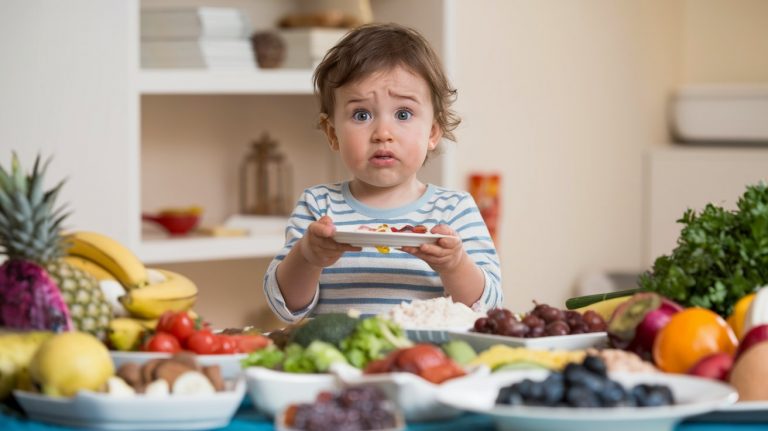
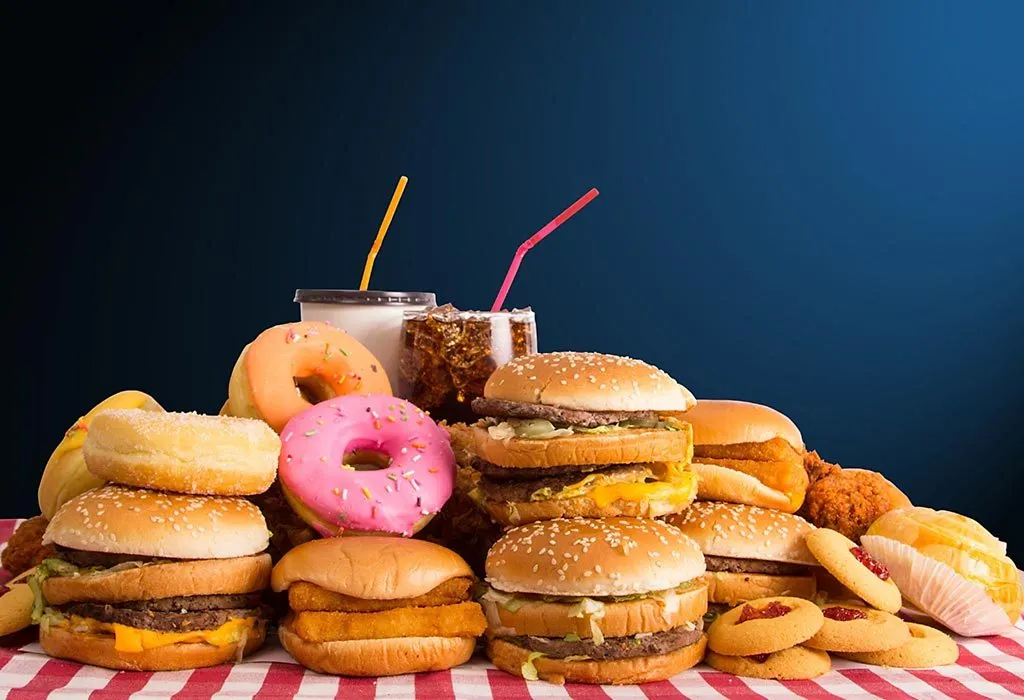

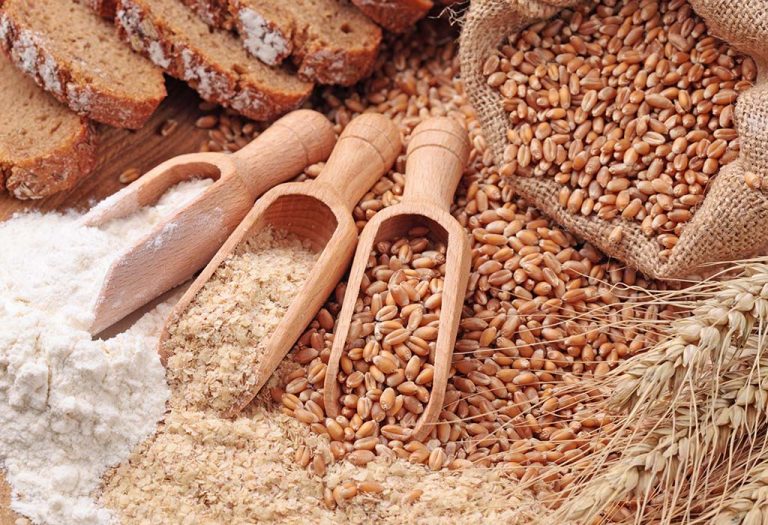

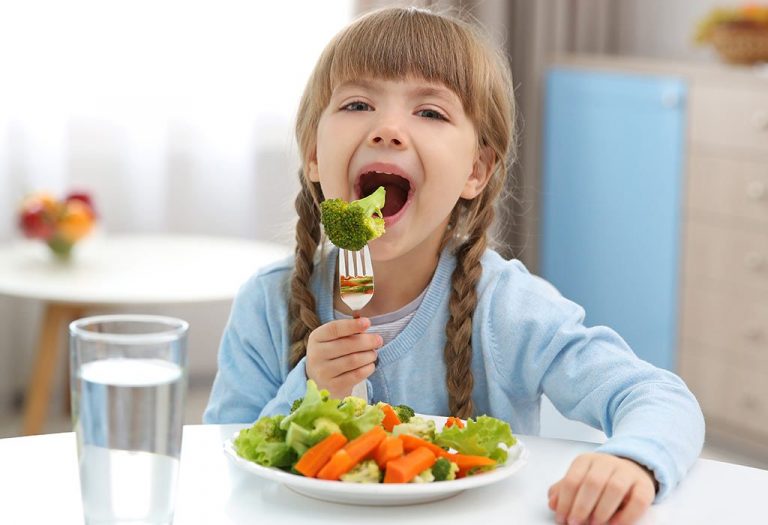
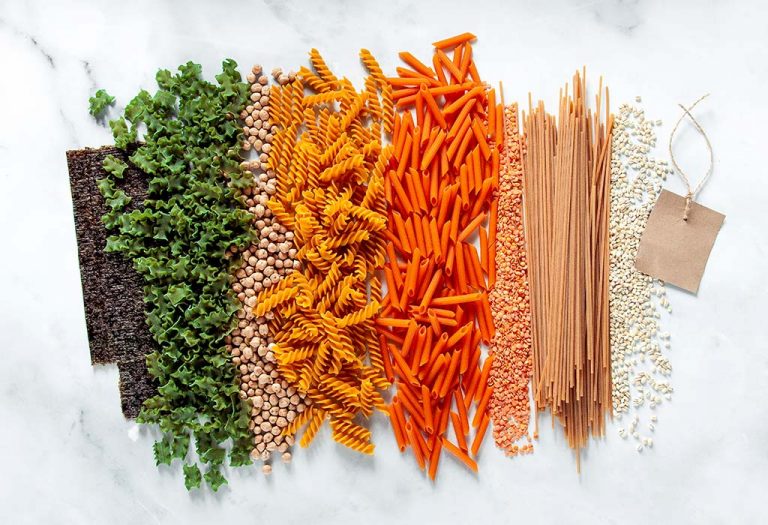
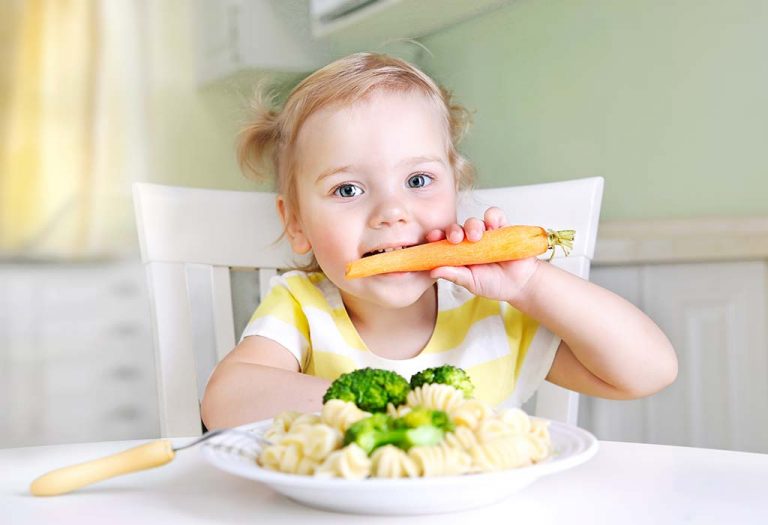

.svg)
















